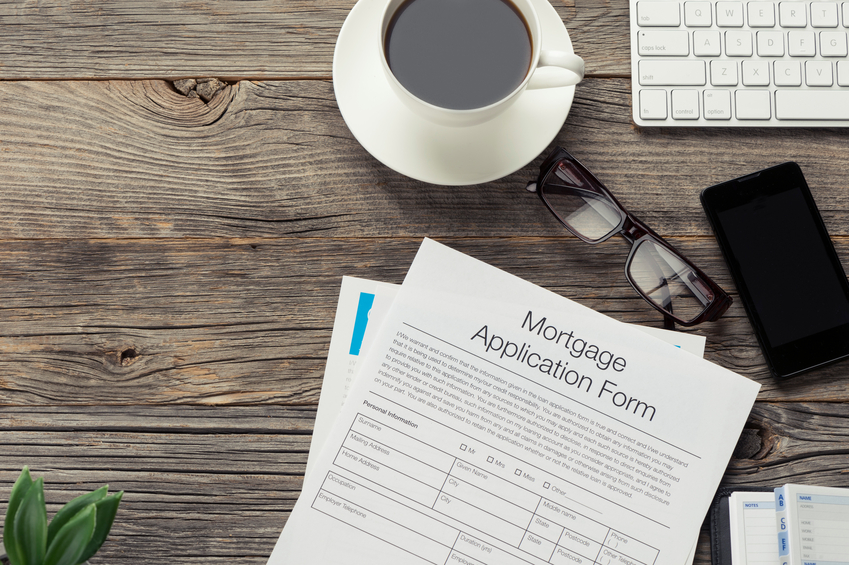Their availability has diminished since the credit crunch in 2008, but the infamous 100% mortgage does still exist.
A 100% mortgage is so called because you borrow all the money you need to pay for your new home from your mortgage lender, so you don’t need to put down a deposit. Because you’ve borrowed the whole amount the mortgage is more risky for both you as the borrower and for the lender. For example, any slight fall in house prices would see you in negative equity – where the house is worth less than the outstanding mortgage.
Although they’re not as widespread as they used to be, a handful of lenders do still offer a tweaked version of the original product. You can find all kinds of mortgage documents online in all formats including PDF, Word, Google Sheets etc.
A guarantor
Because of the increased risk with a 100% mortgage, some lenders ask for a guarantor to secure it. They must agree to take over your repayments if you’re unable to, and their property could be used as additional security against the mortgage.
This in itself has several risks. If you’re unable to meet your mortgage repayments and your home gets repossessed as a result, your guarantor would be responsible for covering the cost of any loss the lender makes.
For example, if you borrowed £120,000 to purchase your property but your lender is only able to retrieve £100,000 by taking possession and selling it, your guarantor would be liable for that £20,000 shortfall. If your guarantor doesn’t have the means to bridge that gap, they run the risk of their property being repossessed too.
It will vary from lender-to-lender, but the amount your guarantor is accountable for is normally between 25 to 35% of your loan.
Savings as security
If you don’t have a family member who’s a homeowner, you can use their savings as security against the loan instead.
For this type of security, your guarantor is required to put their savings into a savings account with the lender who is providing your 100% mortgage.
The guarantor won’t necessarily earn any interest on their savings and they also won’t be able to withdraw any funds from the savings account until your mortgage term comes to an end. This is obviously quite a commitment to make!
Advantage of 100% mortgages
The main and most obvious benefit is that you’re able to climb on to the property ladder without saving up for a deposit. If you’re in a hurry to move out and don’t have substantial savings, it offers a route to owning a property without the hassle of months or years of saving first.
Disadvantages of 100% mortgages
By having a family member act as a guarantor against your mortgage using either their property or savings, you are putting their finances at risk and, if something were to go wrong, their financial circumstances could be heavily impacted – and not for the better. In the worst case, you could both lose your homes.
Because of this, you might find it very difficult to find someone who is willing to take such risks on board. If you do manage to recruit a family member as a guarantor, it’s vitally important that you’re confident you’ll be able to meet your monthly repayments.
Because 100% mortgages are rarely offered nowadays, interest rates are much less competitive than on other mortgage products.
As we’ve said, if the value of your property falls after you’ve taken out your 100% mortgage, you could end up finding yourself in negative equity. As a result, you might find yourself paying back more than you need, or, when it comes to selling your home, you’ll have to stump up the cash to make up the difference.
Ian Williams, spokesperson for Ocean loans, says: “It is still possible to get a 100% mortgage, but the products are more expensive that normal mortgages and come with additional conditions. For the majority of homebuyers it still makes more sense to save towards a deposit – ideally of at least 10% of the purchase price, or more.”



 Bitcoin
Bitcoin  Ethereum
Ethereum  Tether
Tether  XRP
XRP  Solana
Solana  USDC
USDC  Cardano
Cardano  TRON
TRON  Lido Staked Ether
Lido Staked Ether  Avalanche
Avalanche  Toncoin
Toncoin